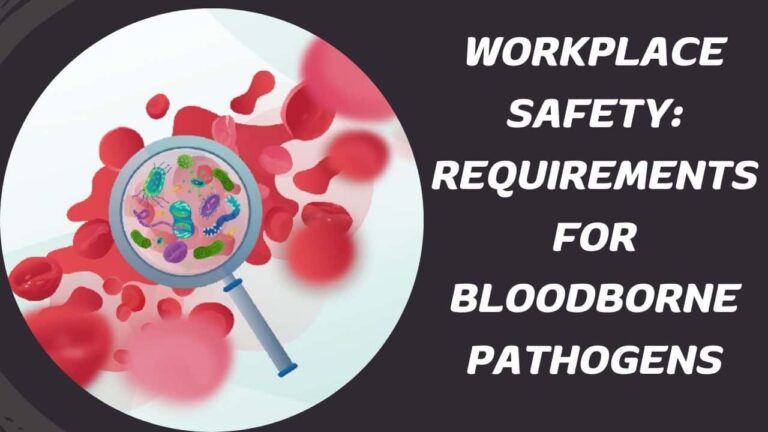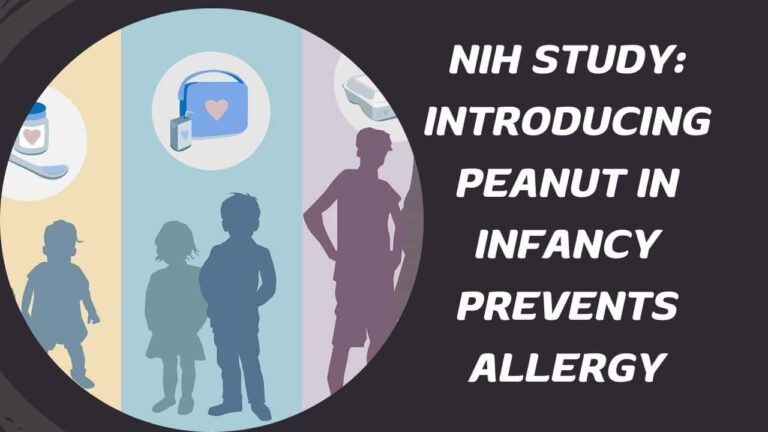Decline in Dengue Fever Cases in Samoa: A Positive Trend
Introduction: Progress in Public Health
In the Pacific island nation of Samoa, a positive trend is emerging in the fight against dengue fever. Recent reports indicate a decline in dengue fever cases, signaling progress in public health efforts to combat the disease. This article examines the factors contributing to the decline, explores the impact on the community, and highlights the ongoing efforts to prevent future outbreaks.
The Decline in Cases: A Welcome Development
Statistics and Trends
According to recent data, the number of dengue fever cases in Samoa has been steadily decreasing in recent months. Health authorities attribute this decline to a combination of factors, including public awareness campaigns, mosquito control measures, and improved access to healthcare services. This positive trend offers hope for the community and underscores the effectiveness of coordinated public health initiatives.
Community Response
The decline in dengue fever cases has been met with relief and gratitude from the local population. Families no longer live in fear of the disease, and communities are experiencing a renewed sense of safety and well-being. The positive impact of this decline extends beyond health outcomes, fostering a sense of resilience and unity among Samoans.
Factors Contributing to the Decline
Public Awareness Campaigns
Health authorities in Samoa have been proactive in raising awareness about dengue fever and its prevention. Through educational campaigns, community outreach initiatives, and media engagement, they have empowered citizens to take proactive measures to protect themselves and their families from mosquito-borne diseases.
Mosquito Control Measures
Efforts to control mosquito populations have played a crucial role in reducing the spread of dengue fever. Health authorities have implemented comprehensive mosquito control programs, including insecticide spraying, larval source management, and environmental clean-up campaigns. These measures have effectively targeted mosquito breeding sites, reducing the risk of transmission.
Impact on the Community
Improved Health Outcomes
The decline in dengue fever cases has led to improved health outcomes for the people of Samoa. With fewer individuals falling ill with the disease, healthcare resources can be redirected to other areas of need, improving overall health service delivery and patient care. Families are no longer burdened with the emotional and financial strain of dengue fever, allowing them to focus on other priorities.
Economic Stability
The decline in dengue fever cases also has broader economic implications for Samoa. With fewer people missing work due to illness and reduced healthcare costs associated with dengue fever treatment, the economy stands to benefit from increased productivity and stability. This positive economic impact reinforces the importance of investing in public health infrastructure and disease prevention strategies.
Future Challenges and Opportunities
Sustaining Progress
While the decline in dengue fever cases is a significant achievement, maintaining this progress will require ongoing vigilance and investment. Health authorities must remain vigilant in monitoring mosquito populations, conducting surveillance for dengue fever outbreaks, and responding promptly to emerging threats. Continued community engagement and support will also be essential in sustaining public health gains.
Building Resilience
The decline in dengue fever cases serves as a reminder of Samoa’s resilience in the face of health challenges. By leveraging lessons learned from the dengue fever response, Samoa can strengthen its capacity to respond to future public health crises. Investing in infrastructure, training healthcare workers, and promoting community empowerment will be key to building a more resilient health system.
Conclusion: A Step Forward in Public Health
The decline in dengue fever cases in Samoa represents a significant step forward in the country’s public health journey. Through concerted efforts and community collaboration, Samoa has made tangible progress in reducing the burden of dengue fever and improving health outcomes for its citizens. As the country continues on this path, it must remain committed to building on its successes and addressing future health challenges with determination and resilience.



